 |
Those that don't
know what they don't know... (in seven 'cracks') |
 |
|
|
1. There are those who don't know what they don't know, but are humble enough to recognize it. |
|||
|
On October 27, 1921, Albert Einstein held a 'lectio magistralis' in Italian [lecture by the Master] in the Aula Magna of the 'Palazzo del Bo' of the University of Padua: |
|||
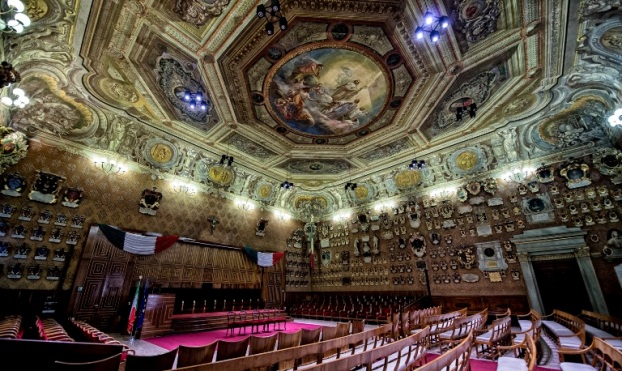 University of Padua (I) Aula Magna - Palazzo del Bo |
|||
|
"What motivated him, in addition
to a consolidated bond with Italy [in fact Einstein's father, Hermann,
died in Milan], was the desire to pay homage to
the mathematician Gregorio Ricci Curbastro who had taught at the
University of Padua since 1880, and had laid the foundations of the
theory of curved spaces of all dimensions.../ ..." |
|||
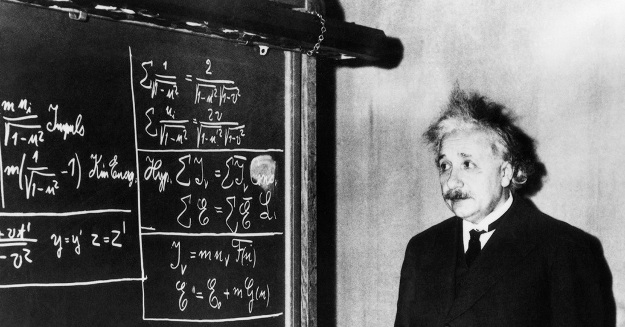 |
|||
|
The visit also took place following
fifteen letters dated 1914, in which Einstein had
corresponded with the 'prodigious' student of Ricci Curbasto, Tullio
Levi-Civita:
"I admire your method of calculation, it must be beautiful to ride on the horse of true mathematics through these fields, while someone like me has to content himself by going on foot." Einstein also wrote on April 2: "I hadn't come accross such an interesting correspondence. You should see how anxious I'm always to receive your letters." Excerpts from the article (UNIPD): "Einstein, relativity and Paduan mathematics: 100 years after his visit to the University of Padua" |
|||
|
2. There are those who don't know what they don't know, but instead have the 'right'. |
|||
 "Crown of creation" An album by the Jefferson Airplane. |
|||
|
3. There are those who don't know that they don't know what they don't know, but are also arrogant. |
|||
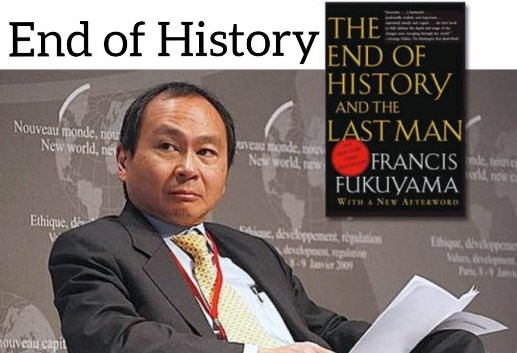 |
|||
|
What, then, is good? The knowledge of reality. What then is evil? Ignorance. Lucius Anneus Seneca (Corduba, 4 b.C. - Rome, 65 a.D.) |
|||
 "Après moi le déluge", Louis XV After me the deluge. |
|||
|
4. There are those who don't know what they don't know, but know that anyone that would want to, could figure it out (especially themselves). |
|||
|
"The hardest thing of all is to find a
dark cat in a dark room, especially if the cat isn't there." Confucius (551 a.C. - aprox. 479 a.C.) |
|||
|
5. There are those who don't know what they don't know, but know that if they don't know more about it, it's because they would be frivolous things anyway. |
|||
|
"...Going back to our discussions about the stupidity of computers" - in truth they had never discussed the matter in those terms, but it was what Remo had always had in mind - "...I was thinking that it would be even easy to demonstrate it through an analogy. I am referring to the distinction that is often made between Haydn's music and that of Mozart... (or of Beethoven or of the great Italians obviously)" - and Chiara looked at Mirko [her companion], doubting that he would understand what Remo was about to say (that was pretentious music he would always tell her, for old men, or at most, when he was in a sarcastic mood, he would 'admit' that in was suitable in certain cases, for example inside skyscrapers' elevators')..." Excerpt taken from: 'Anita. A choir of closed mouths' by Luigi de Silvestris |
|||
|
6. There are those who don't know what they don't know, but who know that if they know nothing else, it's because they never felt the need, even if they don't know what it is... |
|||
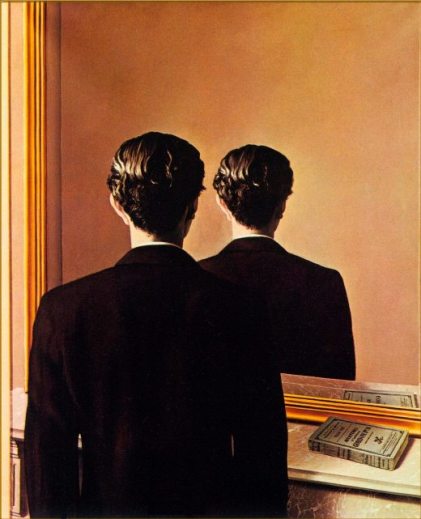 "The mistery of the ordinary" - René Magritte (Lessines-B, 1898 - Bruxelles, 1967) |
|||
|
7. There are those who don't know what they don't know, but since they know very well what they know, they know that's all they'll ever need to know. |
|||
|
"We're just a miserable soul that holds a corpse upright!" Marco Aurelio Antonino Augusto (Rome, 121 d.C. - Sirmio or Vindobona, 180 d.C.) |
|||
|
Then there are those who would have wanted to, but couldn't. |
|||
 If they had known... If they had seen... If they had heard and felt... |
|||
|
Beethoven "Moonlight Sonata" Op 27 Mov 2, 3 - 7.38 min. Valentina Lisitsa pianist https://www.youtube.com/watch?v=UHd8jwXBzXE |
|||
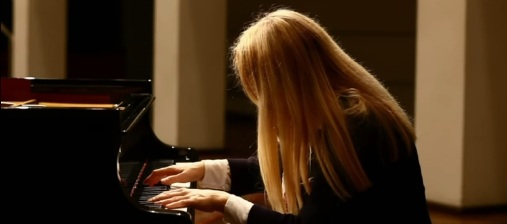 |
|||
|
|
 |
||
| 25/11/2023 | |||